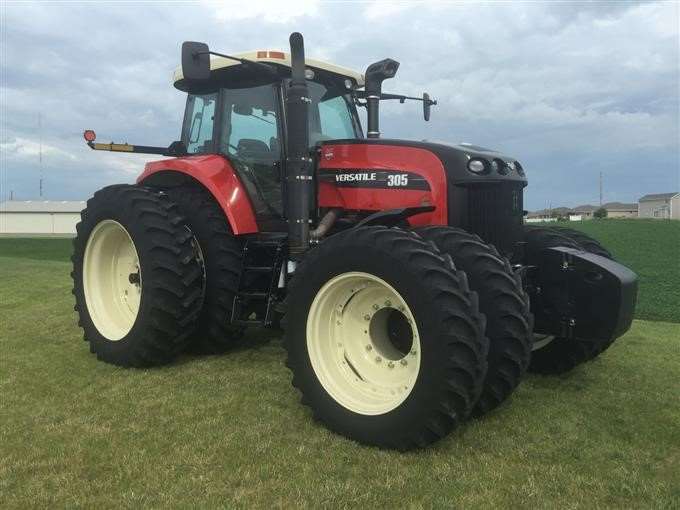2,600 farmers participated in a 2015 study
By Diego Flammini
Assistant Editor, North American Content
Farms.com
Producers’ long days spent driving farm machinery can cause back problems, University of Saskatchewan researchers (U of S) suggest.
Researchers studied 2,600 Saskatchewan growers in 2015 and concluded about 60 per cent of them experience low back pain.
The pain is caused by “body shock” from operating machinery on uneven ground.
“Farmers are often unaware that body vibration from machinery use is a potentially harmful physical hazard,” Catherine Trask, U of S Canada Research Chair in Ergonomics and Musculoskeletal Health, said in a recent U of S article.
In addition, researchers determined which pieces of equipment posed the most risk for back pain based on their vibration levels.
ATVs and skid steers have the highest vibration levels.
Combines, tractors and sprayers produce lower levels of vibration, but farmers’ prolonged used of the machinery can cause back pain, according to the researchers.

Posture is another contributor to back pain.
Farmers who spend more than 33 per cent of their time bent forward at an angle of more than 20 degrees are at a higher risk of back pain, according to the findings. Saskatchewan producers spend about 30 per cent of their time operating machinery in that position.
But producers can implement a number of strategies to keep their backs healthy.
Adding cushions and back supports, taking hourly breaks and avoiding prolonged time spent in a bent position can help prevent back pain.